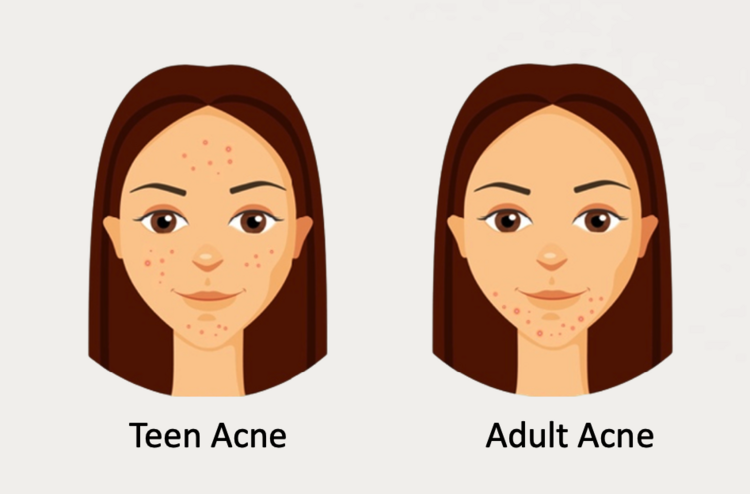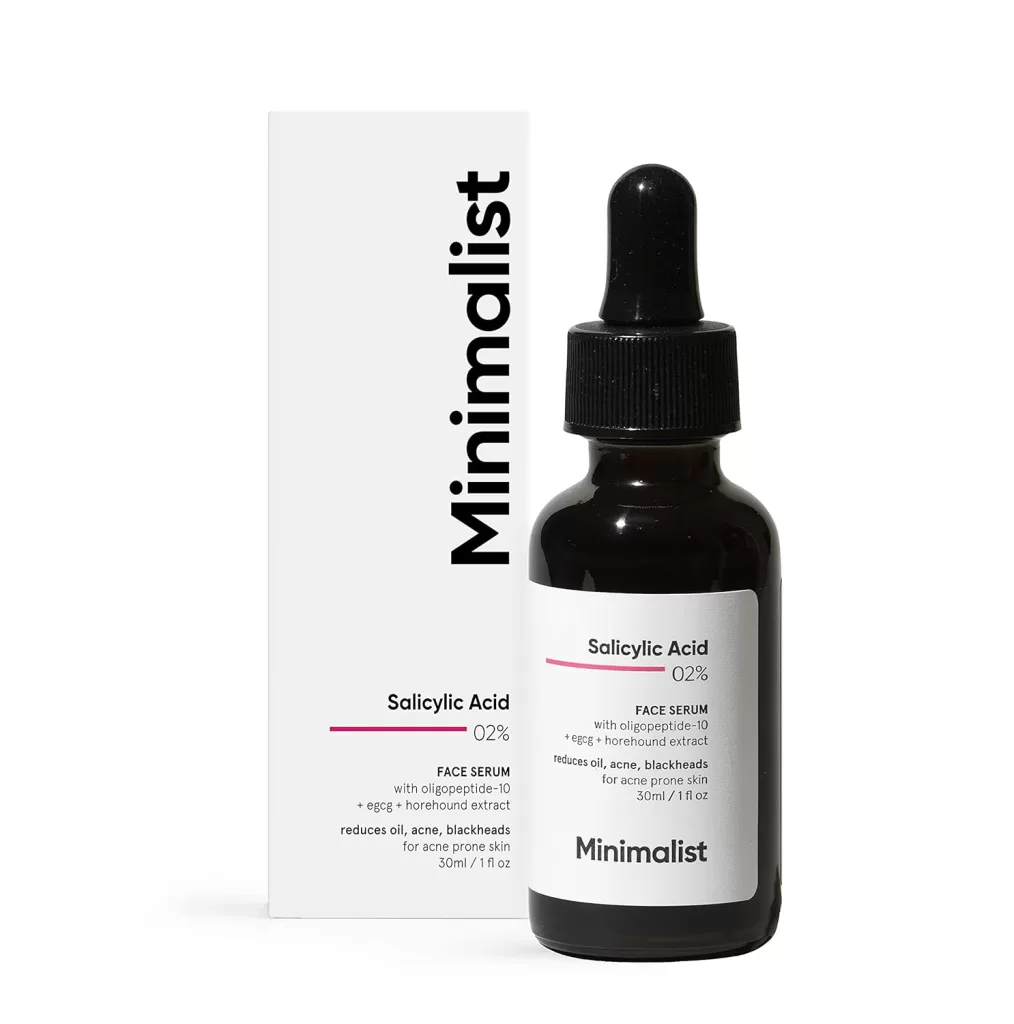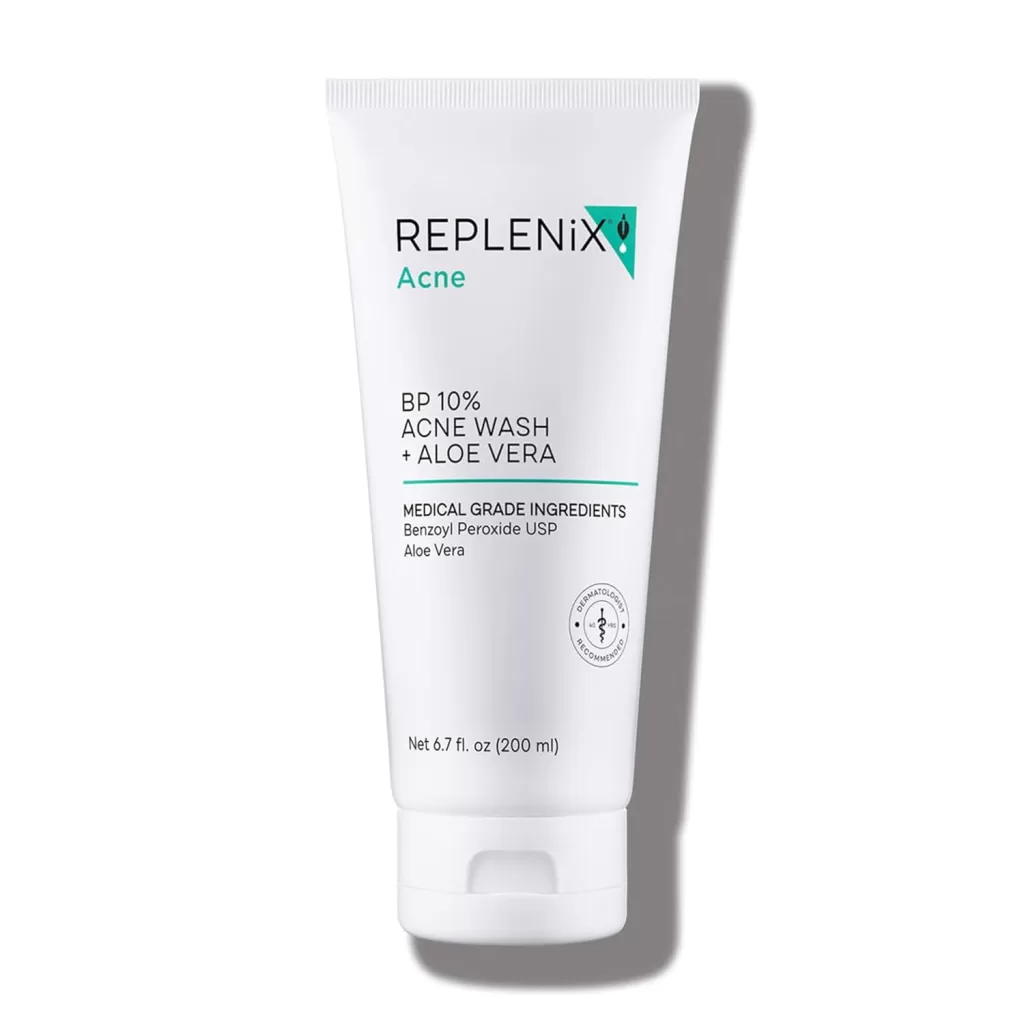Adult Acne: Differences Between Teenage and Adult Acne
Acne seems like a teenage problem, but for many adults, the struggle continues beyond adolescence. Adult acne frustrates even more, thanks to its stubborn nature and various triggers. While teenage acne links closely to puberty, adult acne has unique causes and needs a different treatment approach. Let’s dive into the differences between the two and explore effective ways to manage adult acne.
What Causes Teenage Acne?
Teenage acne is primarily driven by hormonal changes during puberty. During adolescence, the body increases its production of hormones called androgens. These hormones stimulate the sebaceous glands, which produce sebum, an oily substance that can clog pores and lead to acne.
- Key areas affected: Teenage acne tends to appear on the T-zone (forehead, nose, and chin) where oil production is highest.
- Types of acne: Blackheads, whiteheads, and pustules are common during the teenage years.
In addition to hormones, factors like genetics, diet, and stress can exacerbate teenage acne. However, since the skin is more resilient in youth, many teenagers find that their acne clears up relatively quickly with the right treatments.
Why Adult Acne Happens: Hormonal and Lifestyle Factors
Hormonal fluctuations continue to impact your skin into adulthood. While teenage acne stems from puberty, adult acne frequently results from hormonal imbalances during menstrual cycles, pregnancy, or menopause. Women, especially, face a higher risk of adult acne because of these shifts.
But hormones aren’t the only culprits. Lifestyle factors such as stress, diet, and the use of certain skincare products can contribute to adult acne. Stress increases cortisol levels, which can lead to an overproduction of sebum, clogging pores and resulting in acne breakouts.
- Key areas affected: Adult acne is more likely to appear on the lower face, particularly the jawline and chin.
- Types of acne: Cystic acne and deeper, more painful pimples are more common in adults.
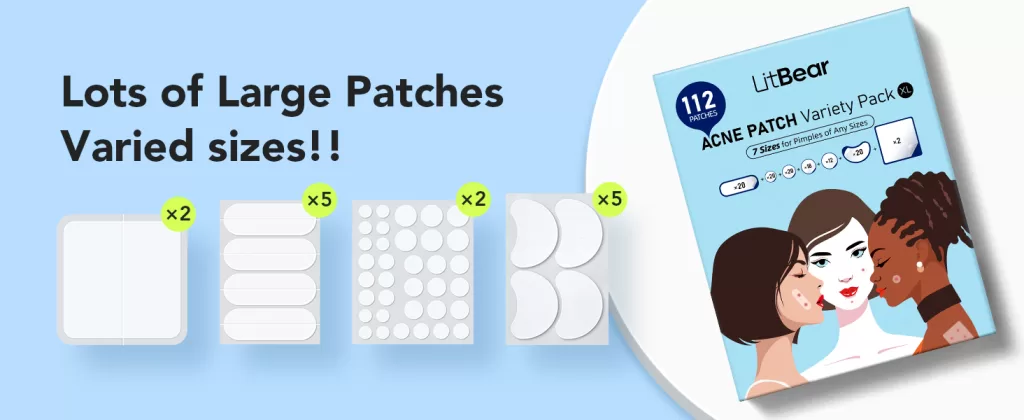
Differences in Treatment: Teenage vs. Adult Acne
Are you aware that the treatments for teenage and adult acne often differ due to changes in skin type and sensitivity? Teenagers can generally tolerate stronger acne treatments, such as benzoyl peroxide and salicylic acid, as their skin is more resilient. These treatments help to unclog pores and reduce bacteria on the skin.
For adults, however, treatment requires a more balanced approach. Adult skin tends to be drier and more sensitive, so using harsh treatments can lead to irritation, redness, and further breakouts. Retinoids, which promote cell turnover, are effective for both age groups, but adults may need to combine acne treatments with hydrating products to avoid over-drying the skin.
What Products Are You Using for Your Acne?
Have you ever wondered if the products you’re using are helping or hurting your skin? Many people, both teens and adults, rely on products like benzoyl peroxide, salicylic acid, and retinoids. While these can be effective, it’s important to remember that everyone’s skin reacts differently to treatments.
Are you using any of these products? If so, it’s okay to experiment with different formulations to see what works best for your skin. However, be cautious about using too many treatments at once, as this can overwhelm your skin and lead to irritation.
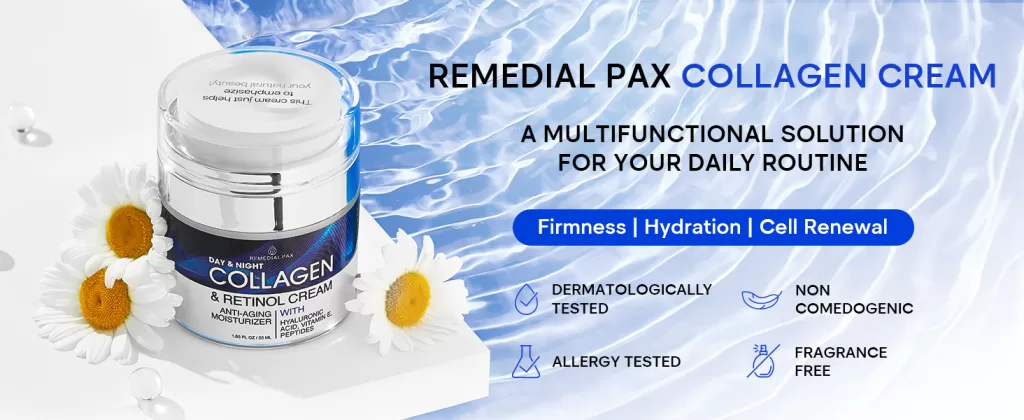
Why Adult Acne is Often More Stubborn
One of the frustrating realities of adult acne is that it tends to be more persistent than teenage acne. Did you know that as we age, our skin’s cell turnover slows down? This means that acne not only takes longer to heal, but it also leaves behind more noticeable marks, such as hyperpigmentation and scarring.
Additionally, hormonal fluctuations in adulthood can be more prolonged and complex than those during adolescence, making it harder to pinpoint and treat the root cause of adult acne.
Managing Adult Acne: A Balanced Approach
While teenage acne can often be treated with stronger, oil-controlling products, adult acne requires a more balanced approach. Here’s how you can manage it:
- Gentle Cleansing: Opt for a gentle, non-comedogenic cleanser to avoid stripping your skin of its natural oils.
- Targeted Treatments: Use salicylic acid or retinoids to unclog pores and promote cell turnover, but combine them with soothing, hydrating products.
- Hydration is Key: Don’t skip moisturizing! Even oily or acne-prone skin needs hydration to maintain balance.
- Stress Management: Practice mindfulness and stress-relief techniques to keep cortisol levels in check.
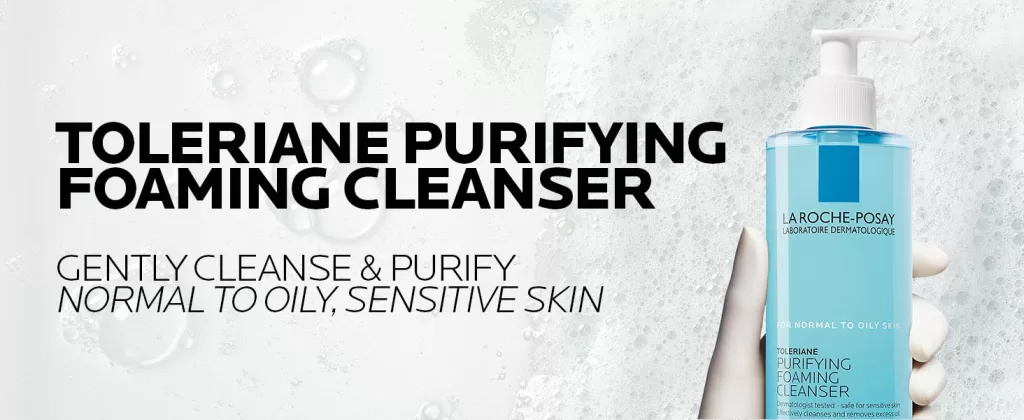
Can Diet Impact Adult Acne?
Are you aware that what you eat can affect your skin? Some studies suggest that diets high in refined sugars and dairy may worsen acne, especially in adults. On the other hand, a diet rich in whole grains, vegetables, and foods with a low glycemic index may help reduce breakouts.
Maintaining a balanced diet, staying hydrated, and avoiding foods that trigger inflammation can all contribute to clearer skin. Consider keeping a food diary to see if certain foods are linked to your acne flare-ups.
Treating Acne at Any Age
Whether you’re dealing with teenage or adult acne, it’s essential to understand that treatments need to be tailored to your skin type and age. Adult acne may be more stubborn, but with the right combination of products and lifestyle changes, it can be managed effectively.

What products are you currently using to treat your acne?
Are you using any of these: salicylic acid, benzoyl peroxide, or retinoids? These are commonly recommended for acne treatment, but everyone’s skin reacts differently. It’s perfectly okay to experiment with different products to find what works best for you. Just be sure to introduce new products gradually and monitor how your skin responds
Here are some FAQs and answers related to adult acne:
Q: Can stress cause adult acne? A: Yes, stress can be a significant trigger for adult acne. When you’re stressed, your body produces more cortisol, a hormone that can increase oil production and lead to breakouts.
Q: Is it normal to have adult acne? A: Yes, it’s quite common. Many adults experience acne, especially women due to hormonal fluctuations.
Q: How long does it take to get rid of adult acne? A: The time it takes to clear adult acne varies depending on the severity and underlying causes. Consistent skincare routine and potential medical treatments can significantly improve the condition.
Q: Can diet affect adult acne? A: Yes, diet can play a role. While more research is needed, some studies suggest that a diet high in processed foods and sugary drinks may worsen acne.
Q: Can I use the same acne products I used as a teenager? A: While some products may still be effective, adult skin is often more sensitive. It’s advisable to consult a dermatologist to get personalized recommendations.
Question: Can I prevent adult acne? A: While you can’t completely prevent adult acne, you can minimize its occurrence by following a consistent skincare routine, managing stress, and eating a healthy diet.
Q: What are some common mistakes people make when treating adult acne? A: Some common mistakes include:
- Over-washing the face
- Using harsh, drying products
- Picking at pimples
- Not using sunscreen
Q: When should I see a dermatologist for adult acne? A: If your acne is severe, persistent, or causing significant distress, it’s recommended to consult a dermatologist. They can provide professional advice and prescribe appropriate medications.
Remember, it’s important to be patient and consistent with your skincare routine. Don’t hesitate to seek professional advice if you’re struggling with adult acne.
Conclusion:
Adult acne presents unique challenges compared to teenage acne, from its causes to the way it’s treated. Understanding these differences can help you approach your skincare routine with confidence. If you’re looking for more in-depth information on skincare conditions like acne, you can explore more articles on Where and How Resources. Check out the link in the bio to learn more!

